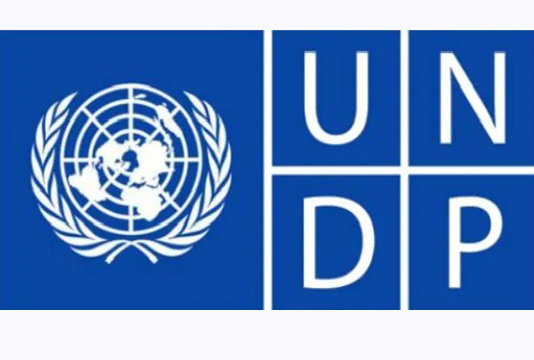DHAKA, April 07, 2020 (BSS) – Amid the ongoing coronavirus pandemic, the United Nations Development Programme (UNDP) has stepped up its countrywide network of projects and resources for the people of Bangladesh.
Strengthening Women’s Ability for Productive New Opportunities (SWAPNO), a project under the Local Government Division, is one of them.
SWAPNO has begun an awareness campaign in 172 unions of four project districts areas, aiming to raise awareness among people about the spread of Covid-19 and its prevention methods, a UNDP press release said today.
The awareness campaign began on April 6, and it will be active in 172 unions across Kurigram, Lalmonirhat, Jamalpur and Gaibandha. Around 50,000 people will be benefitted through this campaign.
The campaign is being carried out through multiple mediums. Posters and leaflets on protecting oneself from coronavirus are being distributed, while there are also demonstrations of ideal hand-washing practices and distribution of basic hygiene kits consisting of soap and mask.
Messages are also being disseminated through Radio Chilmari and Radio Sarabela, two popular local radio stations in Kurigram and Gaibandha respectively. Apart from that, loudspeakers that are already installed at mosques, are used in spreading out the awareness regularly, the release said.
“The spread of COVID-19 is not just a health crisis but it is a social, economic and political crisis that will leave deep scars. To fight COVID-19, we are working on three prongs simultaneously: preparing, responding, and recovering,” said Sudipto Mukerjee, UNDP Resident Representative in Bangladesh.
“Thanks to UNDP and LGD for taking the awareness campaign and distribution of precautionary goods. It might save lots of lives,” said Rafiqul Islam, ADC General, Lalmonirhat district.
Since 2014, SWAPNO has been working as a social transfer and empowerment project for ultra-poor women who are engaged in public works that are essential for improving the economic and social lives of rural communities. It promotes employment, and most importantly works to improve future employability, of extreme poor rural women.



